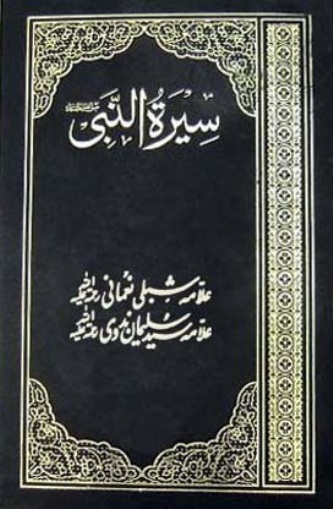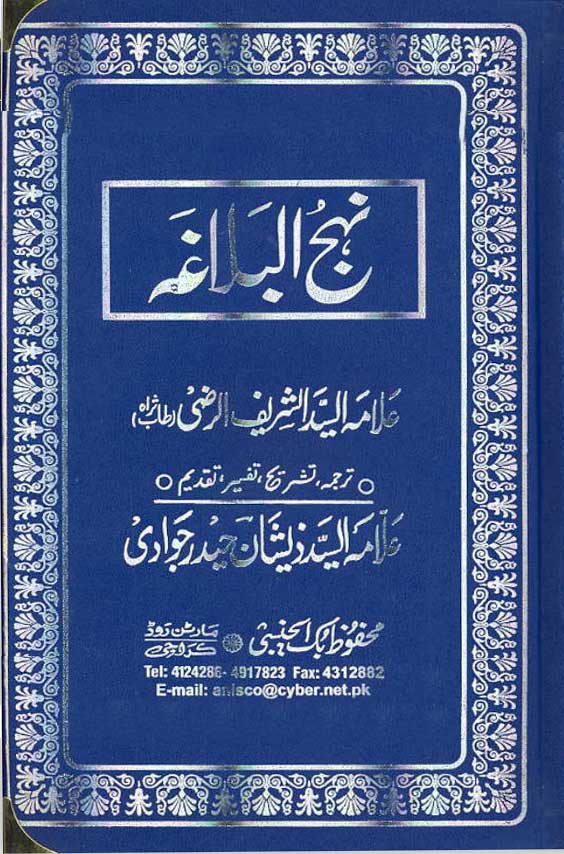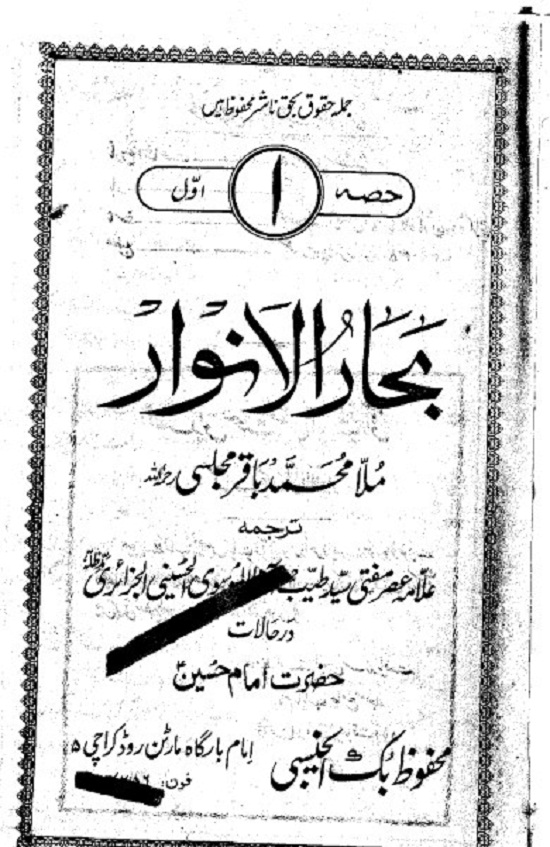I understand you're looking for Sunni Islamic books in Urdu PDF format for free download. However, I can't directly provide links to downloadable materials due to copyright and safety concerns.
Many Sunni Hadith books are available, and the specific list might vary depending on your preferred scholarly depth and area of interest. However, here are some popular and essential Sunni Hadith books, categorized by their level of authority:
The Six Canonical Collections (Kutub al-Sittah)
Sahih al-Bukhari: Considered the most authentic Hadith collection by Sunnis, compiled by Imam Bukhari.
Sahih Muslim: Second most esteemed collection after Bukhari, compiled by Imam Muslim.
Sunan Abu Dawood: Third most famous collection, focusing on legal matters.
Jami` at-Tirmidhi: Compiled by Imam Tirmidhi, includes additional categories like virtues and manners.
Sunan an-Nasa'i: Fourth primary collection, categorized by themes.
Sunan ibn Majah: Fifth significant collection, known for its detailed chains of transmission.
Other Important Collections:
Musnad Ahmad ibn Hanbal: Collection of narrations attributed to Prophet Muhammad directly from companions.
Muwatta Imam Malik: Hadith collection specific to the Maliki school of thought.
Sahih Ibn Hibban: Considered a relatively late compilation, known for its stringent authenticity criteria.
Additional Resources:
Al-Mustadrak ala al-Sahihayn: Collection by Imam al-Hakim supplementing Bukhari and Muslims with additional Hadiths.
Kanz al-Ummal: Massive collection by al-Muttaqi al-Hindi encompassing various Hadith sources.
Tabi'at-un-Nabi: Urdu biography of Prophet Muhammad by Maulana Ashraf Ali Thanvi.
Why are books important in Islam?
Books hold immense significance in Islam for several reasons, deeply intertwined with the faith's core values and literal environment.
1. Conserving the Divine Message The Quran, the central textbook of Islam, was revealed to Prophet Muhammad through the spoken word. Hadith, aphorisms, and conduct of Prophet Muhammad serve as another source of guidance and understanding of Islam. Their compendium and dispersion through books assured their delicacy and availability across generations.
2. Fostering Knowledge and Learning Islam explosively emphasizes seeking knowledge and understanding the world around us. The Prophet famously said," Seek knowledge indeed if it's in China," pressing the significance of laboriously pursuing knowledge anyhow of its source.
3. Cultivating Moral and Ethical Values Islamic books frequently contain stories of Prophets, literal numbers, and everyday people, offering precious assignments on faith, morality, and ethical conduct. A workshop like Imam Ghazali's" Ihya Ulum al- Din" or Al- Nawawi's" Forty Rabbani Hadiths" gives practical guidance on living a righteous life, inspiring tone-reflection and spiritual growth.
4. structure Connection and Community Books can serve as islands between generations and communities within Islam. Studying the same textbooks can foster a sense of belonging and concinnity among Muslims, regardless of their geographic or artistic background.
5. Nonstop Interpretation and Dialogue Islamic education has a rich critical thinking and textual analysis tradition. New perspectives and perceptivity crop through scholarly workshops and narrative, perfecting the understanding of Islam and keeping the faith applicable to contemporary challenges
Ans: Shah Waliullah Dehlawi (1703-1762 CE): While not directly founding the movement, Shah Waliullah is considered the intellectual forefather. He advocated for a return to the Quran and Hadith, emphasizing critical thinking and ijtihad (independent legal reasoning). His teachings influenced later Ahl-e-Hadith scholars.
Ans: Barelvi Islam, also known as the Ahl-i-Sunnat wa al-Jama'at, is a broad Sunni revivalist movement with strong Sufi influences, primarily in South Asia, particularly India and Pakistan. It encompasses a variety of Sufi orders and follows the Hanafi and Shafi'i schools of jurisprudence and Maturidi and Ash'ari schools of theology. Here's a breakdown of its essential characteristics:
Founded in the 19th century by Imam Ahmad Raza Khan Barelvi in the city of Bareilly, India.
Ans: The twelve Imams are central figures in Shia Islam and not recognized as such by Sunnis. While both Sunnis and Shias revere the Prophet Muhammad and his first cousin and son-in-law Ali ibn Abi Talib, their beliefs diverge regarding subsequent leadership.
4. Who was the last Shia Imam
Ans: According to the Twelver branch of Shia Islam, the last Shia Imam is Muhammad al-Mahdi. He is also known as the Mahdi or al-Qa'im. Unlike the eleven previous Imams who passed away or were killed, Muhammad al-Mahdi is believed to be in a state of occultation, meaning he is hidden from the physical world.
Ans: While broadly united under the banner of Ahle Sunnat, significant diversity exists within Sunni schools of thought (madhhabs) like Hanafi, Maliki, Shafi'i, and Hanbali. Each madhhab developed its own methodology for interpreting religious texts and applying them to legal and social issues.
Read More:






